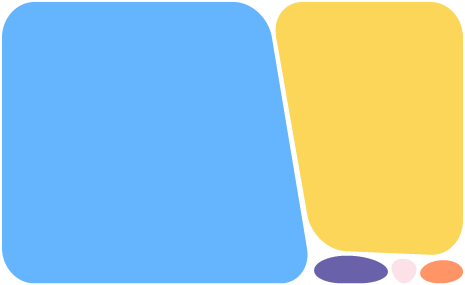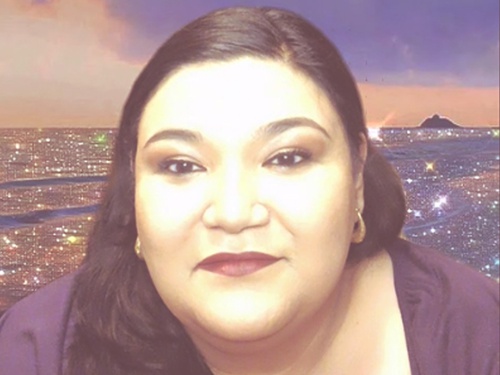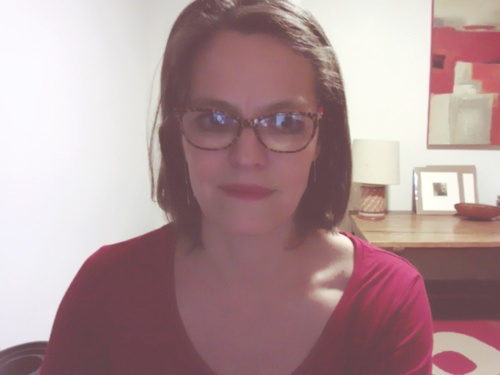J and I share one DNA segment on chromosome 15. We shared 0.29% of DNA. Based on this, it can be inferred that we are 4th cousins so we might have a common great-grandparent approximately 5 generations ago.
She found first cousins through her genetic test that she did not know before. She contacted them and started a conversation with one of them. Through this connection, she was able to know new stories about her father that make her feel closer to him that is not here anymore.
She was born and raised in Texas and even though her family has been there for many generations, she feels like an outsider, not specifically at the city where she lives but in the rest of the country. We reflect on biology, geography and political boundaries. We remember Texas being part of Mexico until 1836. We did not find the actual connection between J and I.
We shared other personal experiences, for example, with autoimmune diseases. Some of my research is in autoimmune diseases. She shared with me that she has been diagnosed with a rare autoimmune disease. Her cousin has a similar disease, also very rare. She went through a very difficult time until the doctors finally got what was going on. Now she has treatment and she feels better. I share with her my personal experience, I participated in one of my own research as a control. When I got my result, I realized that I am a carrier of an autoimmune risk genetic marker that I was studying in another project. I assume this genetic predisposition comes from my mother because she had arthritis.
I have to admit that even though I know that autoimmune diseases have a very complex biological mechanism and having a genetic predisposition does not mean that I am going to develop the disease. The mind is very powerful and difficult to control and somehow, I started to feel symptoms before I got my result. J mentions that something she has learned about autoimmune disease is that stress can be a factor in developing or exacerbating the disease, so knowing you are a carrier adds more stress so it becomes a circle. We reflect on this application of genetic testing. We both agree in being more informed before deciding to do a health genetic test for complex diseases that we scientists do not fully understand yet.























